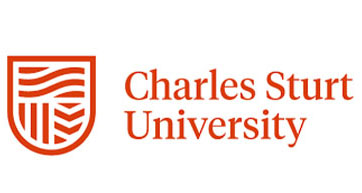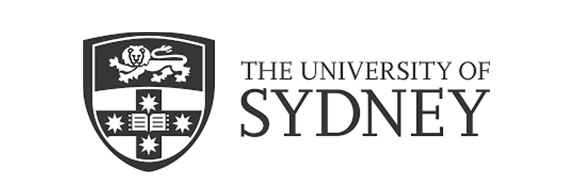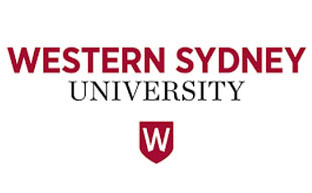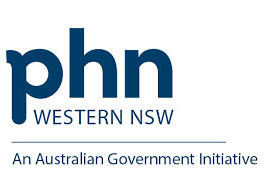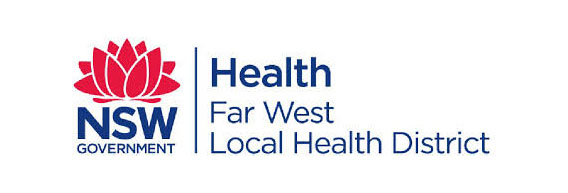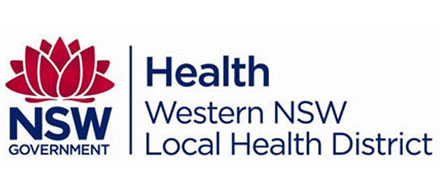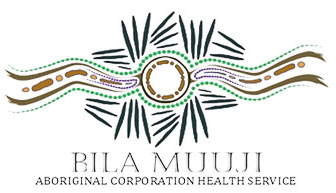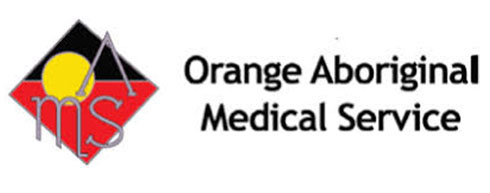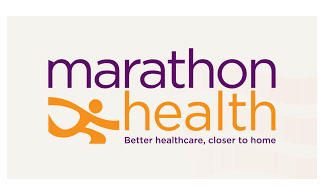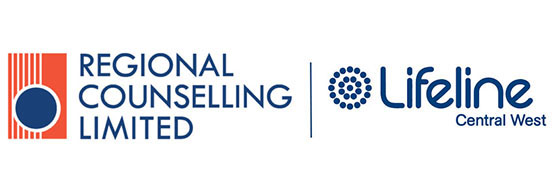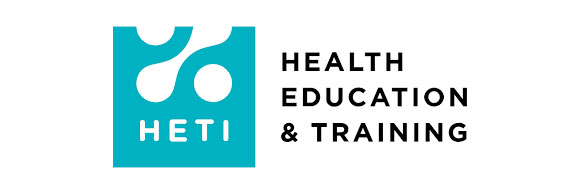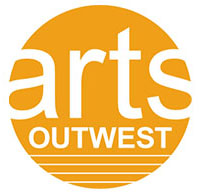The WHRN 2024 symposium held in Dubbo Nov 18-19 2024 was again a tremendous success. The theme for the symposium was ‘Growing Sustainable Rural Health Research’. We received an exceptional number of abstracts with over 100 delegates across the 2-day event. The smoking ceremony led by Uncle Lewis Burns and Welcome to Country by Aunty Narell Boys was enjoyed and appreciated by all delegates. The wonderful Dr Anna Noonan, School of Rural Health, University of Sydney was our MC for the two days, and the generation of her ‘WHRN Spotify playlist’ was a highlight.
Professor Jenny May, National Rural Health Commissioner, officially opened the WHRN 2024 Research Symposium. Her support of rural health, rural health research, and WHRN is sincerely appreciated. We welcomed Canadian Prof Hsien Seow as keynote international speaker. Prof Seow, Research Chair in Palliative Care and Health System Innovation and A/Prof in the Department of Oncology at McMaster University, shared with us his address ‘Rural palliative care: How can we operationalise early palliative care?’ This was a rich, thought-provoking and wonderful learning experience for us all. Prof Seow then led a workshop on “Impactful research using codesign in Palliative Care: my experience with First Nations in Canada.’ There were certainly many lessons for us in palliative care in Australia for both Indigenous and non-Indigenous communities. His book: ‘Hope for the Best, Plan for the Rest: 7 Keys for Navigating a Life-Changing Diagnosis’ is a recommended read for all of us.
The Aboriginal Communities Leading Research [Mob Only session], presented by Amy Davidson and Prof Lynette Riley, was again a resounding success. This session aims to empower Aboriginal communities in our region by informal yarning circles that prioritise their knowledge and decision-making in research. The session included a focus group that aimed to explore Aboriginal leadership in research, building on insights from the 2023 workshop. Key discussion topics included identifying community research priorities, enhancing accessibility of research outcomes, integrating Aboriginal cultural knowledge sharing, and fostering pathways for Aboriginal participation in research. Prof Lynette Riley captured everyone’s attention with her exceptional address on ‘What does it mean to carry out Indigenous Research within a Western Academy?’ Kelly Jones and Misty Amipou were a highlight, and as the focus on Indigenous research increases, their expertise on ‘AH&MRC Research Ethics: A Secretariat Perspective on Our Role, Responsibilities, and the Importance of Ethics’ was timely. This was complemented well by the “How can I make my research more culturally responsive?” workshop led by Dr Emma Webster.
WHRN long-term member Dr Hazel Dalton led a successful workshop ‘Rural Health Services and Workforce Research Workshop.’ Three Rivers Dept of Rural Health—(WHRN’s very own Scientific Chair, A/Prof Melissa Nott)—with Health Consumers NSW held the ‘Better together: a practical co-design’ workshop. The “Thrive and Flourish: Wellbeing Strategies for All” was presented by Cassie Talbot, A/Prof Sam Jakimowicz, Julie Walkom, and Glenn Cotter. This workshop brought health professionals together to explore innovative strategies for enhancing both consumer and professional wellbeing.
WHRN’s own Dr Giti Haddadan, Broken Hill University Department of Rural Health, led the panel discussion “Engaging community in research and co-design,” which was a robust, thoughtful, and at times intense discussion around the challenges and successes in co-design.
Dr Shalinie King (USYD) and Prof Andrew Flatau (CSU) led the Oral Health workshop, during which they shared some frightening statistics. We learned people living in rural and remote regions face significant barriers in accessing fundamental oral disease prevention, including limited access to fluoridated water, higher costs associated with nutritious food and oral hygiene products, and restricted availability of dental care providers. As a result, rural populations exhibit higher rates of periodontal disease and dental caries. Dental conditions accounted for over 20,000 potentially preventable hospitalisations in 2021-22. This workshop brought together stakeholders to explore challenges and develop innovative approaches to enhance oral health outcomes in rural NSW.
Many delegates were exceptionally grateful to A/Prof Pim Kuipers, Editor-in-Chief, Australian Journal of Rural Health, for sharing with us: “Australian Journal of Rural Health – Getting your research published.” A highlight for all delegates was the beautiful Awards dinner at Lazy River Estate, where two troupes of talented Aboriginal Dancers performed cultural pieces to open the Gala Award event, followed by delicious food, wine, and an exceptional atmosphere to meet, collaborate, network, and celebrate the Researcher of the Year Awards. We came away from WHRN 2024 inspired, uplifted, with renewed enthusiasm, new friends and colleagues, excited for what lies ahead in the coming year—a little weary, but as dedicated as ever to our network and to research in our region. Please join us for WHRN 2025.
2024 Attendee and Host feedback
2024 Gallery

